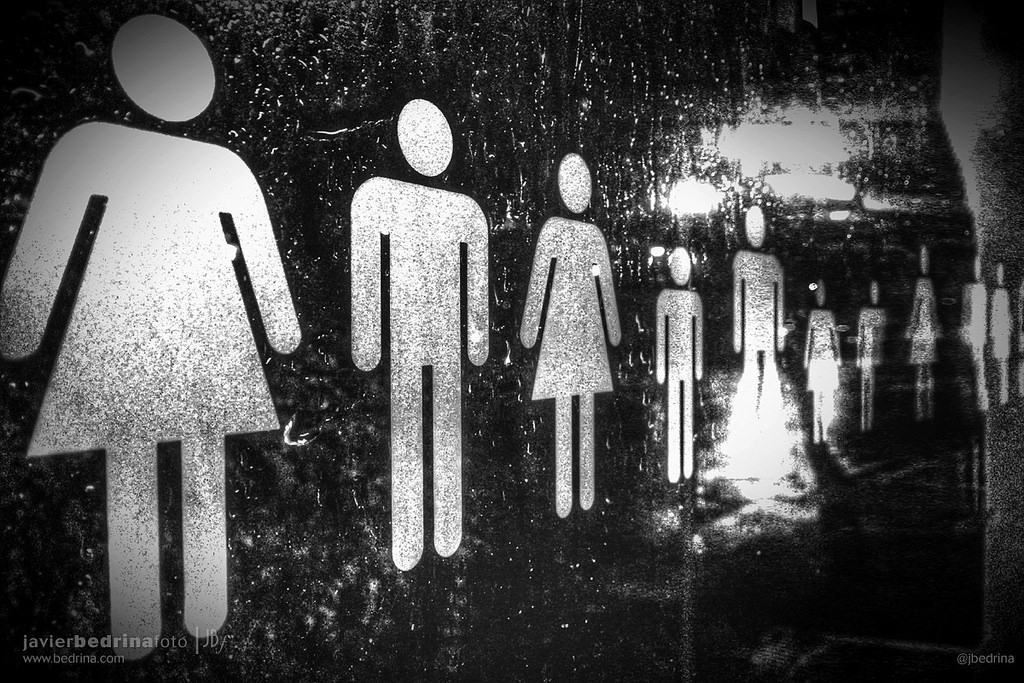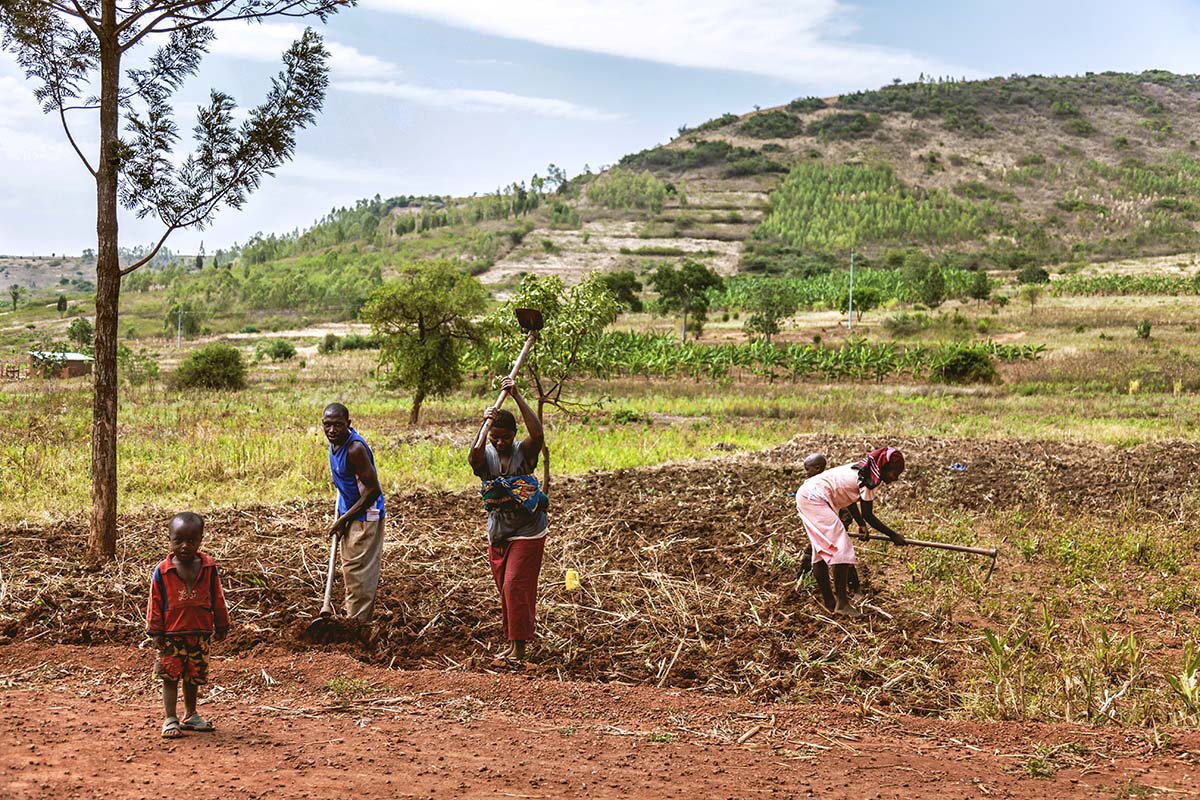“Sustainability requires gender equality”
May 18 Sustainable development depends on three approaches, writes Kiyara Matambanadzo, 16, a Commonwealth Correspondent from Harare in Zimbabwe, who explains the vital role of gender equality.
Sustainable development depends on three approaches, writes Kiyara Matambanadzo, 16, a Commonwealth Correspondent from Harare in Zimbabwe, who explains the vital role of gender equality.
The ability to see far beyond the perils of modern day society and toward the future is vital. Growth and change influenced by the our governmental heads must be sustainable for generations to come and must be the basis on which the current generations of heads must work in order to ensure the lasting union of organisations such as the United Nations, the Commonwealth, the European Union, the African Union and many others.
Sustainable development includes three different approaches. The first is the well known environmental sustainability that addresses the need to find and implement ways in which to make sure our current environment is safeguarded for the use of future generations.
The second approach is economic sustainability, which seeks to ensure that the ways in which our governments spend money is sustainable and long lasting in order to safeguard the future of the worlds economies.
The third is known as social sustainability, which provides a means to address social issues that plague our society today, such as racial, gender and class inequalities and injustices.
Sustainable development has for too long been seen primarily as environmental sustainability. One of the things that has gone largely unrepresented since the emergence of the threat of global warming is the importance of social sustainability. This approach overlooks many complicated social issues and leaves one with many unanswered questions, such as what happens if the planet is saved but its inhabitants are ill at ease?
Social issues and equality must then become the first stepping stones to a more sustainable world. After all, is it not reasonable to suggest that if the people of our planet are at peace, they are more likely to want to sustain their environment? For the world’s systems to become more sustainable as it is, we must look beyond just the well-being of the planet itself, but also to the well-being of how we interact socially as the keepers of the planet.
The first step in realising social sustainability must then be the ever-present issue of achieving gender equality. Despite the progress that has been made over the past two decades in the way of gender equality, women and girls still do not have equal opportunities. The implications of neglecting to provide girls with equal voices, choices and opportunities goes beyond just their lives and reaches forward to the future of the planet.
Women and girls represent half of the world’s population and as such, half of the world’s potential. To neglect the development and empowerment of half of the world’s potential would be a grievous miscalculation of the importance of the role of women in protecting the planet and the very definition of an unsustainable pattern of development. Any persistence in this way of living, I believe, would be damaging for our future.
Inclusive social sustainability and the fight against climate change are inextricably linked. For this reason it is correct to suggest that unsustainable patterns of development directly affect the prominence of gender inequalities. In other words, the more the planet is degraded, the more prominent the effects of gender equality on women become.
Women seem to be the most affected by unsustainable patterns of environmental development, yet they are also the least represented in terms finding the problems and subsequently the solutions to such problems. However, the solution can come in the reverse. The more represented and heard women are, the more people available to work against climate change. This is because if women are the most adversely affected by environmental degradation, they are also the most equipped to identify practical solutions to these problems.
It is now time for us to see gender equality as more than a movement for our time. It is also a basic human right and a global issue that concerns 100 per cent of the population. It is no longer just a concern for half the world, but now it is a crucial goal to be achieved to ensure the survival of our planet and its inhabitants.
photo credit: Instagram: @jbedrina Social Bus Stop via photopin (license)
………………………………………………………………………………………………………………
About me: I am a teenaged Zimbabwean citizen. In an environment where people only put stock in doctors and lawyers as successful and influential members of society, I aspire to be an impacting member of Africa and the world by addressing the harsh truths of society today. My ambition as of now is to be able to break out of the stigmatic bond of being an African girl child and allow others to do the same.
…………………………………………………………………………………………………………………
Opinions expressed in this article are those of the author and do not necessarily represent the views of the Commonwealth Youth Programme. Articles are published in a spirit of dialogue, respect and understanding. If you disagree, why not submit a response?
To learn more about becoming a Commonwealth Correspondent please visit: http://www.yourcommonwealth.org/submit-articles/
…………………………………………………………………………………………………………………






